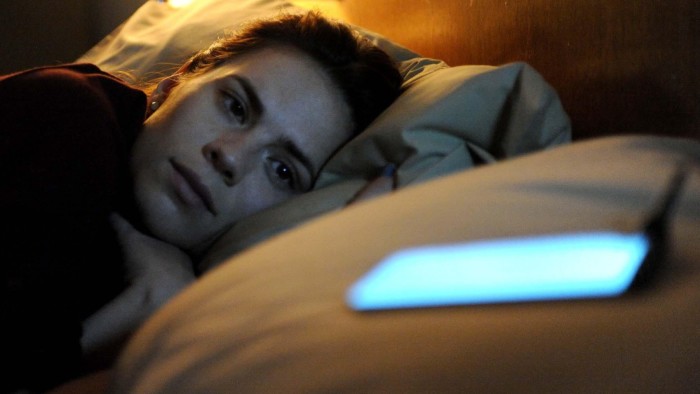Unlock the Editor’s Digest for free
Roula Khalaf, Editor of the FT, selects her favourite stories in this weekly newsletter.
The idea of using technology to bring back the deceased has been a mainstay of science fiction for decades. In one 2013 episode of the Netflix series Black Mirror, a woman named Martha recreates her deceased partner using his digital footprint, first as a chatbot, then as a voice companion in the vein of Apple’s Siri, and eventually as a physical robot.
Humans are not yet churning out robotic replicas of loved ones who have passed on, but nor are they light years away. Thanks to rapid advances in generative artificial intelligence and voice technology, a new industry known as “grief tech” is already helping users to process loss.
Approaches differ, but the premise is the same: to use video chat, text, phone, or voice assistant to converse with a digital version of someone who is no longer alive.
In the US, StoryFile creates “real life chatbots” by using pre-recorded videos of the soon-to-be departed answering questions posed to them by their loved ones, allowing real-time conversations. HereAfter AI is an voiced-based app that generates responses based on hours of interviews conducted with the subject.
Other start-ups go further. You, Only Virtual uses the subject’s digital records — text messages, emails, and voice conversations — to train a digital clone that sounds and thinks like the subject.
While griefbots may offer comfort in mourning, they could also complicate the grieving process by not giving closure. There are also privacy and ethics to consider. Who owns the data, and what if it is stolen? Should a living person be able to opt out of being cloned after their death? And what if users try to create virtual versions of the living without their consent?
As far as how much this could be worth, mental health spending might be a rough proxy. Americans spend approximately $300bn per year on behavioural health services, according to Bourne Partners, a healthcare financial advisory firm. The question then is how users will pay. Will it be by subscription, like ChatGPT? Or billed by the hour, like a therapist? Some companies might even sell ownership of the digital decedent outright. Elon Musk says Tesla’s Optimus humanoid robot, perhaps a good comparison for a virtual companion, could cost up to $70,000.
As society becomes more comfortable interacting with chatbots via platforms such as ChatGPT and Anthropic’s Claude, it seems inevitable that the market for griefbots will grow. The idea of communicating with the deceased will no longer be just the stuff of dystopian sci-fi TV series.
Source link









